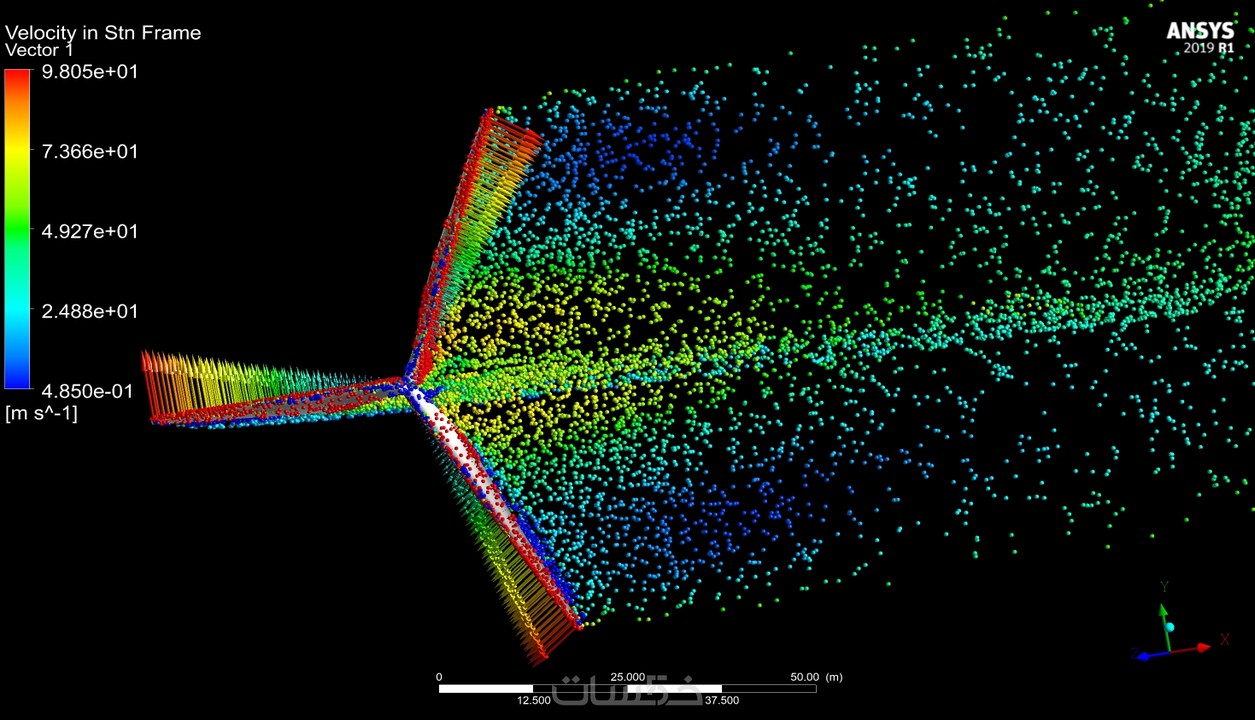Course Overview:
This course is designed for engineers who want to gain advanced skills in simulation and analysis using ANSYS, a widely used software in various engineering fields such as mechanical, civil, electrical, and materials engineering. The course aims to equip participants with the necessary knowledge to utilize ANSYS for stress analysis, thermal dynamics, and fluid dynamics, thereby helping them optimize designs and reduce costs.
Course Objectives:
- Introduce participants to the fundamentals of ANSYS software and its significance in the design and analysis process.
- Teach how to set up and analyze simulation models using ANSYS.
- Develop the skills required to perform structural, dynamic, and thermal analyses.
- Enable participants to interpret results and improve designs based on the analyses.
- Provide an in-depth understanding of ANSYS applications across various engineering fields.
Training Content:
- Introduction to ANSYS: Overview of the software, its interface, and key features.
- Model Setup: How to create and prepare engineering models for analysis.
- Structural Analysis: Performing stress, deflection, and deformation analyses.
- Thermal Dynamics: Analyzing heat transfer and thermal behavior of systems.
- Fluid Analysis: Studying fluid dynamics, pressure, and friction.
- Interpreting Results: How to read and present results, along with recommendations based on analyses.
- Practical Projects: Hands-on applications to enhance participant understanding.
Target Audience:
This course is aimed at engineers and technicians working in mechanical, civil, and electrical engineering fields, as well as anyone interested in enhancing their skills in using ANSYS software for analysis and simulation purposes. It is also beneficial for students in engineering disciplines who wish to gain practical experience with advanced engineering software.


